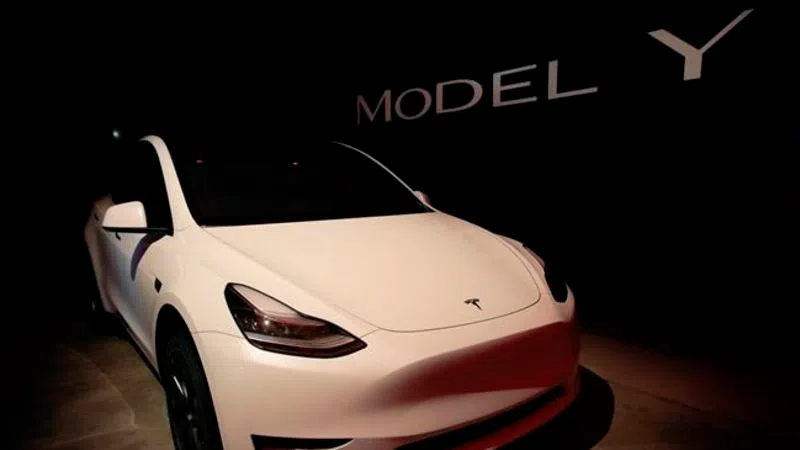
Tesla to build factory in Germany after subsidies announced
BERLIN — Germany on Wednesday hailed Tesla’s decision to build its first European factory in the country, days after the government said it would boost subsidies for buyers of electric cars.
Tesla CEO Elon Musk said during an awards ceremony in the German capital Tuesday evening that “we’ve decided to put the Tesla Gigafactory Europe in the Berlin area.”
The company will also set up an engineering and design centre in Berlin, Musk said. He wrote on Twitter that the new plant “will build batteries, powertrains & vehicles, starting with Model Y.”
The Model Y is a small SUV scheduled to go on sale in the fall of 2020. It will start at $39,000 (35,400 euros) with a range of 230 miles (370 kilometres) per charge.


